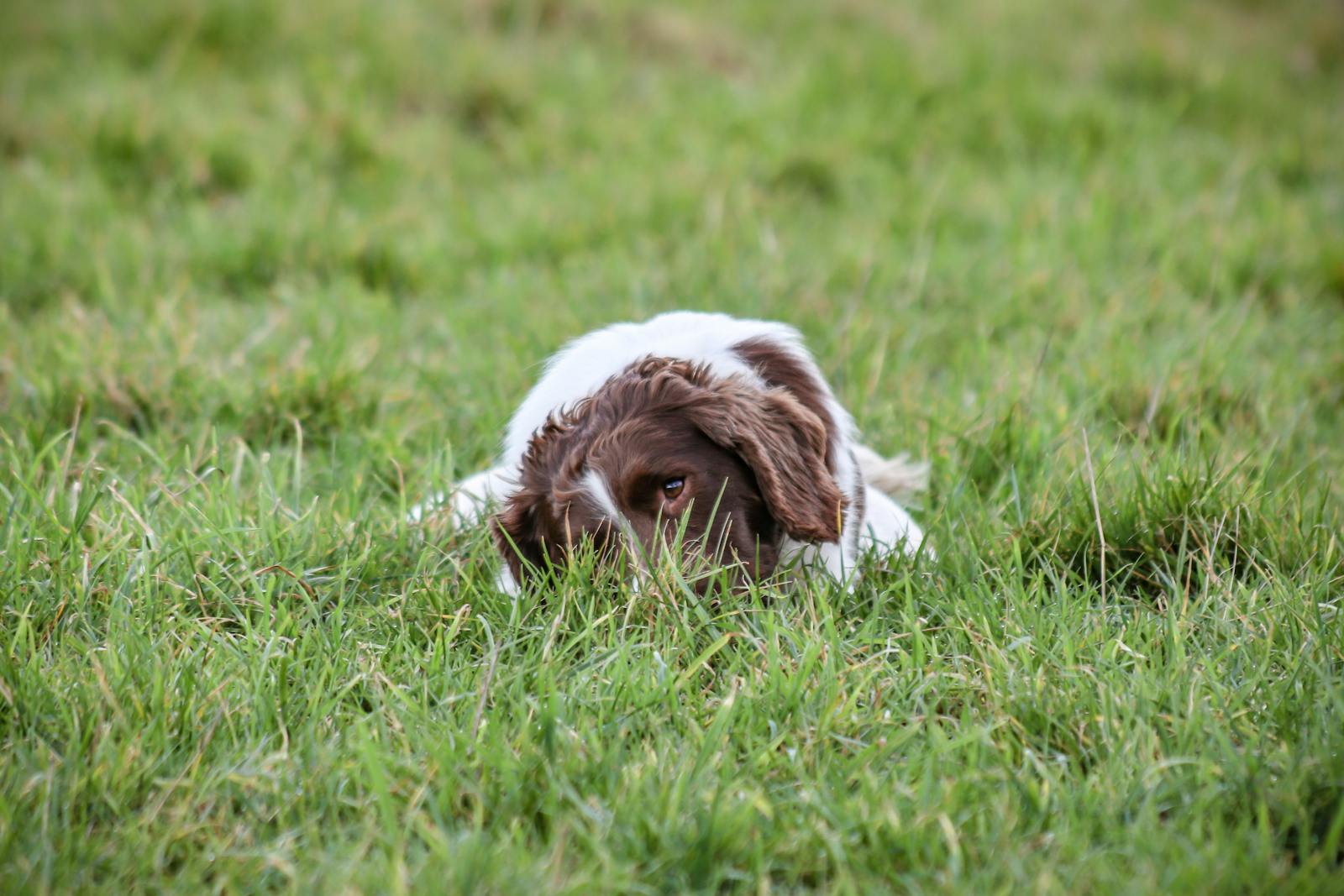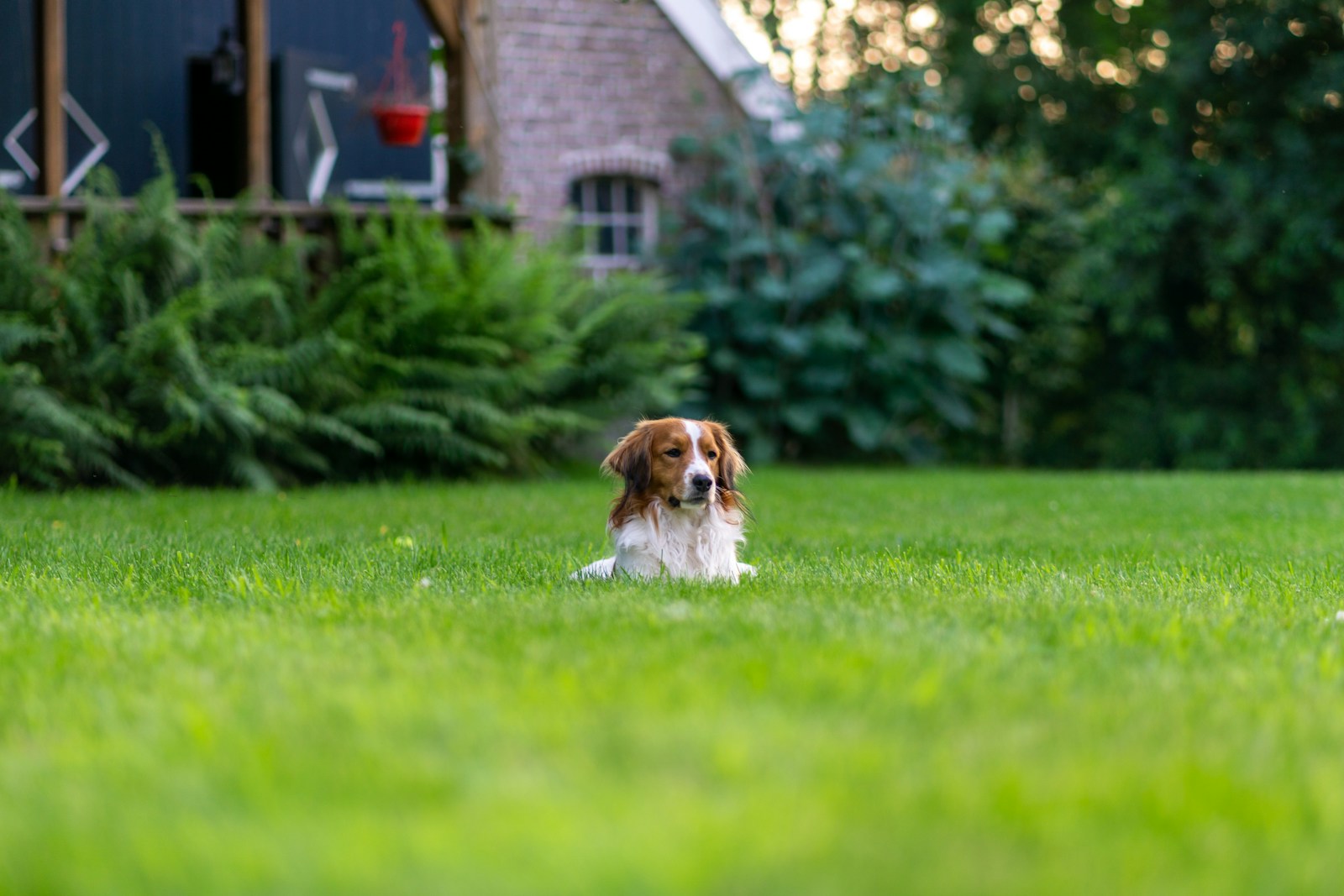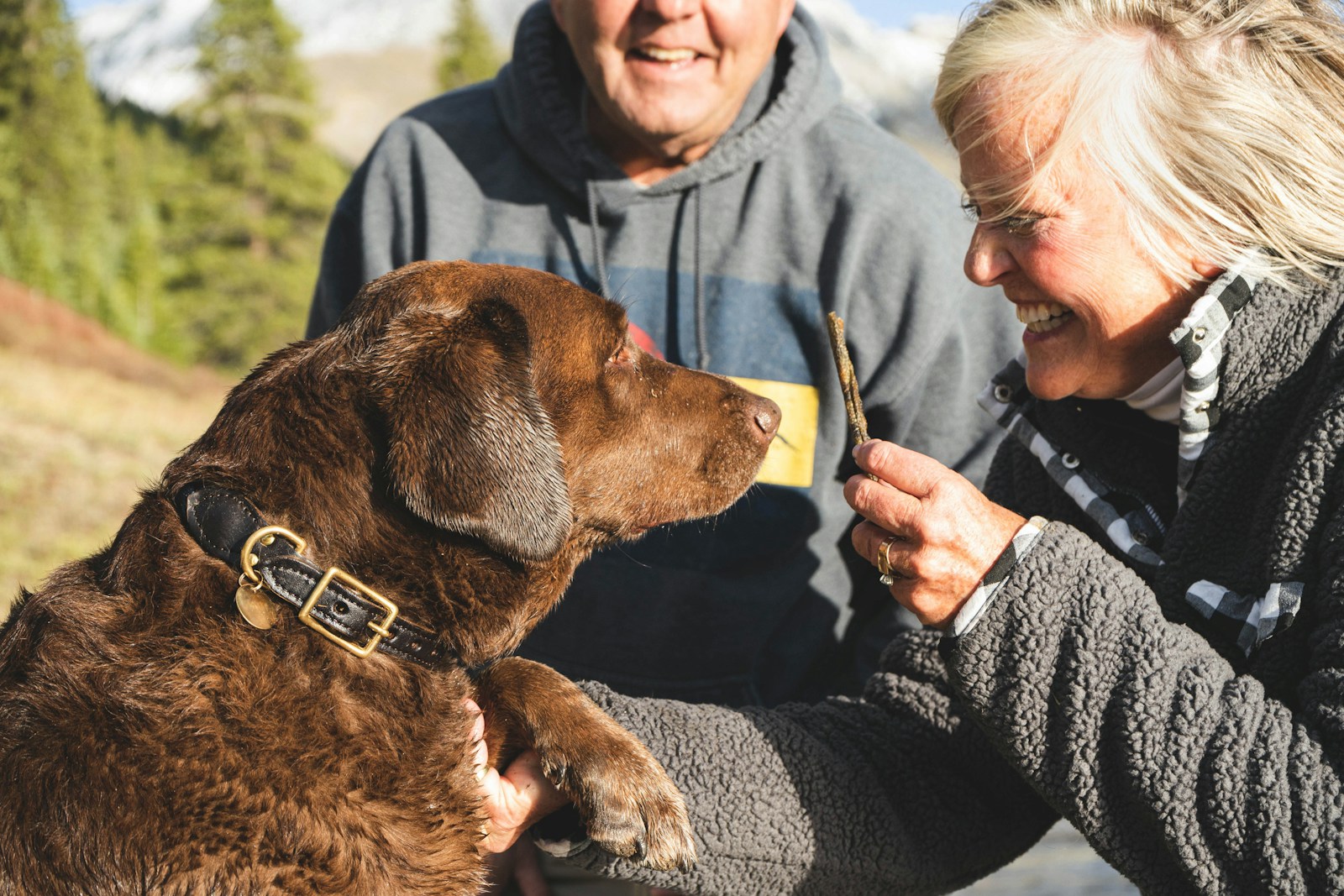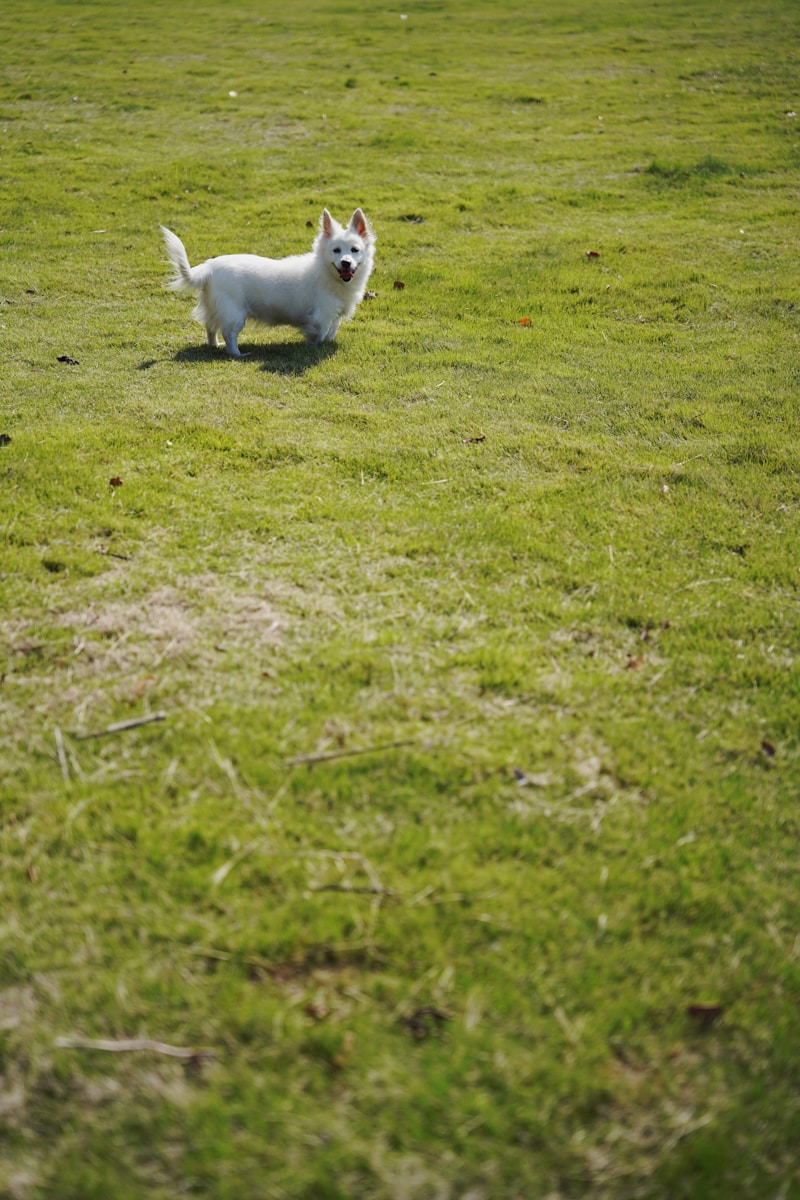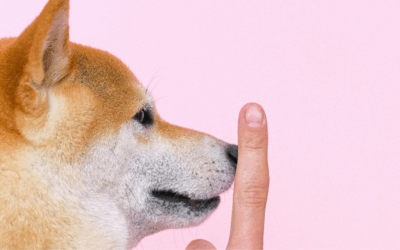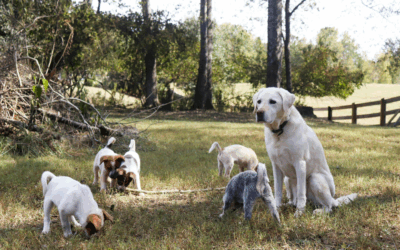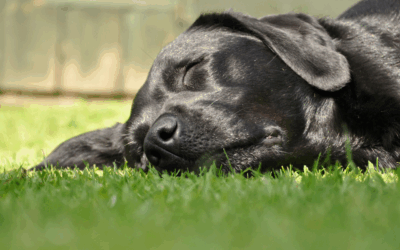Dogs are undeniably curious creatures. From sniffing shoes to rolling in mud, they tend to explore their world in surprising and sometimes puzzling ways. One of their most bewildering (and unpleasant) behaviors, however, is when dogs eat their own poop or the poop of other animals. If you’re a dog owner or a pet parent, you’ve likely faced this scenario at some point, leaving you questioning, “Why do dogs eat their own poop?” and, more importantly, “How can I stop it?”
This blog will explore why dogs engage in poop-eating behavior (also known as coprophagia), the possible causes behind it, and actionable steps to prevent it to protect your dog’s health.
What is Coprophagia?
Coprophagia, or poop-eating behavior, is a natural behavior seen in many dogs. While it may seem unusual or even disgusting to us, this instinct serves various roles depending on a dog’s age, health, and environment. For some dogs, eating poop is an occasional occurrence, while for others, it becomes a recurring habit.
To better understand why your dogs eat poo or even puppies that eat poop, you have to dig a little deeper into the potential motivations behind this natural, albeit unpleasant, behavior.
Dog Owners | Be Patient with Your Dog
Before we get into the blog, remember to be patient with your pup if they are showing this type of behavior. It’s essential to remain calm and patient. This behavior, while unpleasant, can often be attributed to underlying factors that require understanding rather than frustration. Here are some reasons to approach this situation with patience:
Behavioral Causes Take Time to Correct
Dogs may eat poop due to boredom, anxiety, or a learned habit. Addressing these behavioral causes often requires consistent training, positive reinforcement, and time to see meaningful improvements.
Medical Issues May Be at Play
Certain medical conditions, such as nutritional deficiencies or gastrointestinal disorders, might lead a dog to engage in this behavior. Diagnosing and treating these issues is a process that involves collaborating with your veterinarian and monitoring your dog’s progress.
Dogs Are Driven by Instinct
Coprophagia, the term for poop-eating, can be instinctive for some dogs, especially puppies who explore the world with their mouths. Correcting instinct-driven behaviors requires gentle and consistent guidance over time.
Building Trust is Key
Scolding or punishing your dog for this behavior can harm the trust and bond you share. Patience allows you to foster a stronger relationship while encouraging healthier habits through positive reinforcement.
By staying patient and understanding the root cause of the behavior, you can help your dog overcome it in a positive and supportive way. Remember, progress takes time, but with persistence and care, your efforts will pay off.
Why Do Dogs Eat Their Own Poop?
Instinctual Behavior
For many dogs, eating poop simply stems from their instincts. Mother dogs, for instance, groom their puppies by licking them, including cleaning their urine and feces. This behavior not only keeps the den clean but also helps hide the scent from predators. Puppies naturally mimic their mothers and often engage in this behavior at a young age, though most puppies grow out of it as they age.
Investigating Their Environment
Dogs are naturally curious and often engage in sniffing, licking, and tasting objects within their reach—including their own feces or the feces of other animals. To a dog, fresh poop may seem like just another “tasty treat” to investigate. This is especially true when the poop contains undigested food particles, making it more appealing.
Nutritional Deficiencies
Nutritional deficiencies, such as a lack of digestive enzymes or a vitamin B deficiency, can contribute to poop-eating behavior. Dogs with dietary deficiencies may instinctively look for missing nutrients in unconventional places, including their own feces or the feces of other animals.
Medical Conditions
Certain medical issues can lead dogs to eat their own poop. Potential conditions include:
- Intestinal parasites that rob dogs of nutrients.
- Diabetes or thyroid disorders that cause increased hunger.
- Pancreatic insufficiency that results in undigested food in their waste.
If you suspect your dog’s poop-eating behavior is related to a medical issue, consult a veterinarian for a professional assessment.
Hunger and Poor Diet
Dogs that are not adequately fed or are fed low-quality diets may eat poop out of pure hunger or as a misguided attempt to fulfill their dietary needs. Puppies and even adult dogs from shelters or rescues, who may have experienced periods of starvation, are more prone to eating feces when food resources are scarce.
Stress, Boredom, and Lack of Mental Stimulation
Dogs facing stress, anxiety, or boredom may turn to eating poop as a form of coping. A lack of mental stimulation or environmental enrichment, particularly for dogs left in confined spaces for extended periods, can lead to the development of undesirable habits like eating poop or other non-food items.
Seeking Attention
Some dogs eat their poop or other animals’ poop simply because their owners react strongly to the behavior. If your dog notices that eating poop regularly makes you stop everything to give them attention, even if it’s negative attention, they may keep doing it.
Hygiene and Cleanliness
Believe it or not, some dogs eat poop as a way of “cleaning up.” Dogs that share living spaces where poo is easily accessible, such as litter boxes or backyard corners, might eat poop to keep their environment tidy.
Learned Behavior
Dogs are social animals, and they sometimes adopt behaviors exhibited by other dogs. If your young puppy sees older pack members engaging in this, they may copy the behavior out of habit.
Why Is Poop-Eating Behavior a Problem?
Aside from being unpleasant for dog owners, eating poop poses health risks to your pet. Consuming their own poo or the droppings of other animals can expose dogs to:
- Intestinal parasites such as worms.
- Bacterial infections like salmonella, which can harm both dogs and humans.
- Diseases or toxins present in the feces of other animals.
Is your dog eating cat poo? If so, they may also ingest harmful litter materials. Preventing this behavior isn’t just about hygiene; it’s about ensuring your dog stays healthy too.
How to Stop Dogs from Eating Poop
For many pet parents, finding a way for them to stop eating poop is a top priority. Here are some actionable tips to help prevent this behavior:
Keep the Environment Clean
- Regularly scoop and dispose of your dog’s poop to minimize temptation.
- If you own cats, keep litter trays clean and place them out of your dog’s reach.
- Supervise your dog during potty breaks and clean up immediately.
Improve Diet and Address Nutritional Needs
- Feed your dog a high-quality, balanced diet tailored to their age, size, and breed.
- Consider supplementing their diet with digestive enzymes or vitamins if recommended by a veterinary professional.
- Ensure they always have access to clean water and frequent, adequate meals.
Use Positive Reinforcement
- Train your dog to ignore their feces by teaching a “leave it” or “drop it” command using positive reinforcement.
- Offer rewards when your dog avoids eating poop to build good habits.
Enrich Their Environment
- Provide plenty of toys, puzzles, and regular playtime to keep your dog mentally stimulated.
- Limit unsupervised time in spaces where poop is accessible.
- Take them on frequent walks and engage them with games like fetch to reduce boredom.
Address Health Issues
- Schedule a veterinary visit to rule out underlying medical conditions, such as intestinal parasites or dietary deficiencies.
- If behavioral issues persist, consider consulting a veterinary behaviorist who can provide expert advice.
Add Deterrents
- Use deterrent sprays or additives in your dog’s food that make their poop taste unpleasant. Products are available at most pet stores.
- Keep areas that your dog frequents clear of horse manure or other animals’ feces.
Dog Products for Anxiety and Unwanted Behaviors
If your dog struggles with anxiety, unwanted behaviors like poo eating, or other challenges, the right products can make a big difference. Here’s a list of some highly recommended products and brands, along with links to their websites:
Adaptil Calming Collar: Adaptil offers a calming collar that mimics the natural calming pheromones produced by mother dogs, helping to reduce stress and anxiety. Buy it here.
Zesty Paws Calming Bites: These chewable supplements are made with natural ingredients like chamomile and melatonin to help your dog relax during stressful situations. Buy it here.
ThunderShirt Classic Dog Anxiety Jacket: The ThunderShirt applies gentle, constant pressure to calm dogs dealing with anxiety, fear of loud noises, or separation stress. Buy it here.
ProDen PlaqueOff Powder for Dogs: This supplement can help improve your dog’s oral health, which might address habits like poop eating as it’s often linked to seeking nutrients. Buy it here.
NatureVet Coprophagia Deterrent: Specifically designed to deter poop eating, this chew includes enzymes and ingredients like yucca to reduce the smell and taste of stool. Buy it here.
Benebone Wishbone Chew Toy: Providing an engaging chew toy like the Benebone Wishbone can redirect your dog’s energy and help satisfy their chewing instinct. Buy it here.
PetSafe Treat & Train Remote Reward Dog Trainer: This positive reinforcement tool allows you to reward your dog’s good behavior remotely, which is great for training and habit-building. Buy it here.
These products can be incredibly effective when paired with consistent training and a supportive environment. Always consult with your veterinarian if your dog’s behavior persists or worsens.

Snouts and Stouts Indoor Dog Park and Bar
If your dog’s unwanted behaviors stem from boredom, anxiety, or lack of stimulation, Snouts and Stouts Indoor Dog Park and Bar can offer a fantastic solution. This unique space provides dogs with plenty of opportunities for physical and mental exercise in a safe, controlled environment.
The indoor dog park is equipped with agility obstacles, open play areas, and toys to keep your furry friend entertained and engaged. Meanwhile, you can relax and socialize, enjoying the bar’s selection of beverages and snacks.
For dogs, regular access to activities like running, playing, and socializing with other dogs is crucial for their overall well-being. At Snouts and Stouts, your pet can burn off excess energy and develop social skills that help reduce anxiety and curb destructive behaviors like chewing or excessive barking. It’s not just about play—it’s about creating a joyful, enriching experience for you and your canine companion.
A Cleaner, Healthier Future for Your Dog
Poop-eating behavior in dogs, while natural in some contexts, can be unpleasant and problematic for pet parents to manage. Whether it’s a result of instinct, curiosity, or an underlying medical condition, you can take confident steps to prevent it through a mix of proper training, environmental enrichment, and veterinary care.
Remember, your reaction as a dog owner is crucial. Remain patient, consistent, and proactive in addressing the issue. With the right approach, you can curb this behavior and ensure your furry friend leads a healthier and happier life.
Are you struggling to stop your dog from eating poop? Speak to your veterinarian today for tailored advice or consult a professional dog trainer to reinforce positive behaviors.
